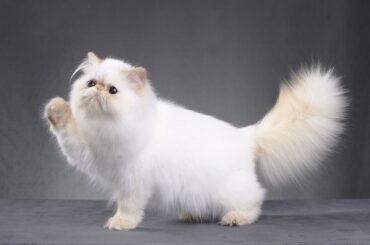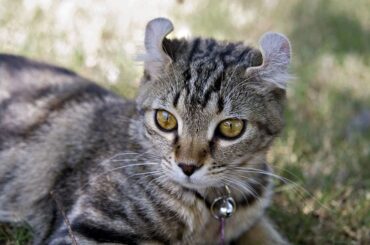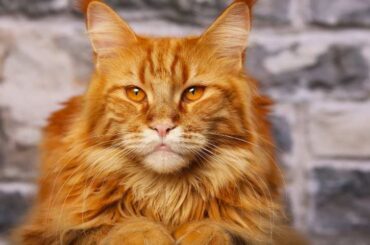Diarrhea in cats – Diarrhea is defined as an increase in the amount and frequency of unformed or loose bowel motions. It occurs as a result of increased fecal material flow in the colon mixed with decreased water, nutrient, and electrolyte absorption. Most cats get a brief episode of diarrhea now and then, and the cause is usually benign, such as a sudden switch from one brand of food to another.
Diarrhea in cats can be caused by a variety of factors. Diarrhea can be the lone symptom, one of the numerous symptoms of a larger disease, or a combination of symptoms caused by chronic or severe diarrhea.
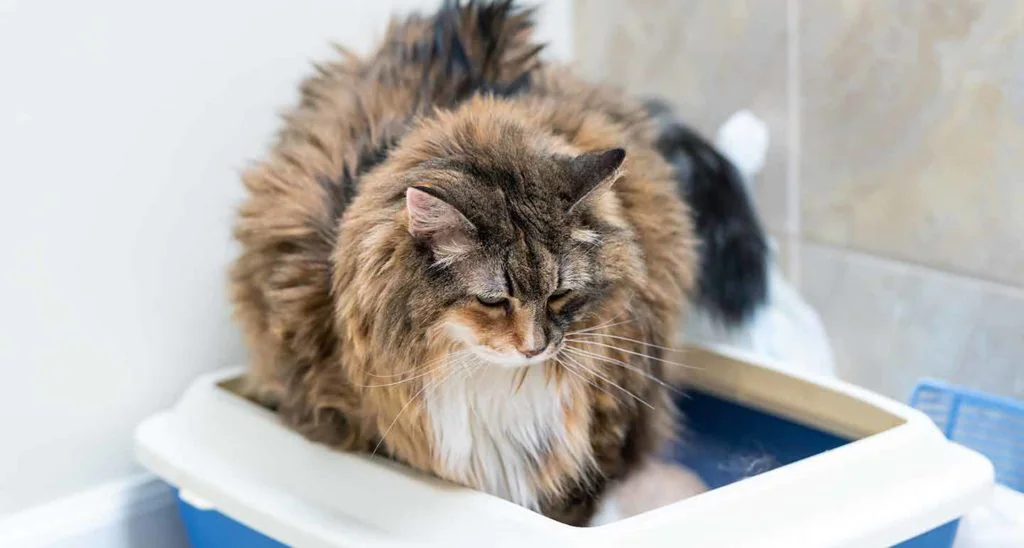
Table of Contents
Causes of Diarrhea in cats
Because a variety of things can induce digestive discomfort, determining the real reason for your cat’s diarrhea can be difficult. Some of the most prevalent causes of diarrhea in cats are listed here.
- Metabolic diseases– From pancreas or liver illnesses to thyroid imbalances, there are a variety of issues that disrupt the motility or environment in the GI tract, resulting in diarrhea.
- Medications/toxins– While most people are aware that specific medicines can induce diarrhea, other medications and toxins can also cause diarrhea.
- Constipation– It may seem contradictory, but older cats are more likely to develop motility issues in their colons, resulting in constipation. The cats usually only manage to pass a tiny volume of more watery feces around the impediment in these circumstances.
- Infections– Viral or bacterial infections can cause diarrhea in cats, and they are particularly common in kittens.
- Dietary indiscretion or change in diet– Cats are generally more cautious about what they eat than dogs, but they do occasionally ingest improper items such as grass, twine, and so on. Even a deliberate switch in diet from one item to another can result in diarrhea.
- Parasites – Parasites can irritate your cat’s gastrointestinal tract, resulting in a variety of diarrhea symptoms involving the small and/or large intestines. Younger kittens are more likely to have a large number of parasites that cause diarrhea.
- Stress– Stress, anxiety, and excitement can cause GI distress in cats which can sometimes come with discomfort.
- Primary inflammatory diseases– Similar to inflammatory bowel disease in humans, primary inflammatory disorders can cause diarrhea in your cat.
Diarrhea in Kittens
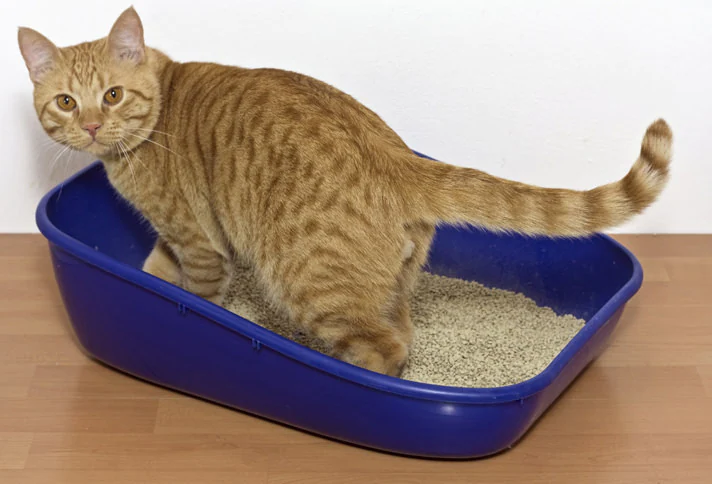
Diarrhea in cats- Diarrhea in kittens is more common than in adult cats. The digestive system of a kitten is still adjusting to solid food, so even minor dietary changes might cause intestinal discomfort. Because their immune systems are still developing, kittens are more susceptible to intestinal parasites and infections. They are also more likely to consume substances that are potentially harmful or cause intestinal obstructions. In addition, several diarrhea-causing disorders are more common in kittens.
Diagnosis of Diarrhea in cats
Diarrhea in cats- It’s critical to provide your veterinarian with a thorough medical history. Your veterinarian may suggest further diagnostic tests in addition to a comprehensive clinical examination. These tests may be skipped in moderate episodes of diarrhea unless the condition develops or the initial treatment fails. Blood work, stool, and rectal swab samples for parasite inspection, DNA testing and culture, radiographs (X-rays), and endoscopic examination are examples of in-depth diagnostic examinations.
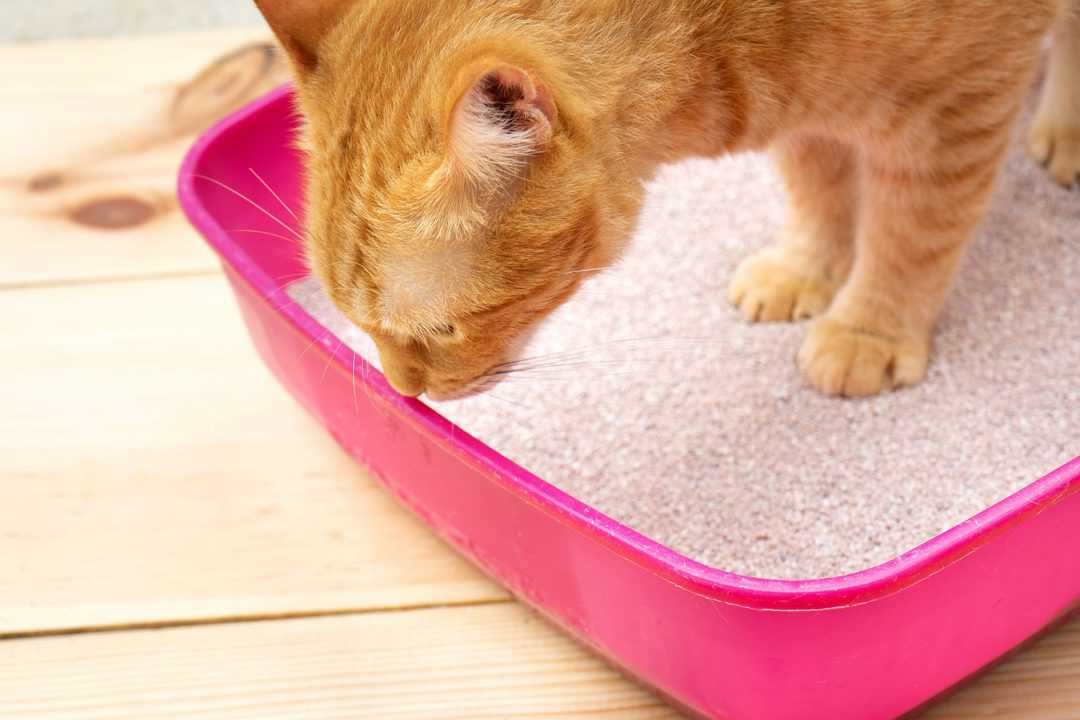
Treatment of Diarrhea in cats
- Fiber and prebiotics should be added. Adding certain types of fiber to your cat’s diet, particularly prebiotic fibers, can help your cat’s diarrhea by absorbing excess water in the intestines and supplying food for the good bacteria that live there.
- Feed the correct diet. Before making any modifications to your cat’s food, consult your veterinarian. If your cat’s current diet is high in carbohydrates, inquire about gradually increasing the protein content. Make sure your cat is eating a high-quality, cat-specific diet.
- Medication should be avoided. Human anti-diarrhea medications are poisonous or lethal to cats, so never give them to your cat. Antibiotics should only be used if absolutely necessary, as most antibiotics can aggravate or induce diarrhea.
- Don’t deny food. Fasting your cat for a few hours can help with vomiting, but it won’t help with diarrhea. Never deprive a cat of food for more than 24 hours for any reason; even a few days without food can cause potentially fatal liver disease in cats.
RECOMMENDED ARTICLES
- Pixie-Bobs Cat- Body Characteristics, Behaviour, Caring, And Health
- Peterbald Cat- Body Characteristics, Behaviour Caring And Health
- 13 Basic Causes of Fever In Cats, Symptoms, And Treatment
- 7 Basic Causes of Vomiting In Cats, Diagnosis, And Treatment
- Persian Cat Breed -3 Complete Body Characteristics, Behaviour And Health

